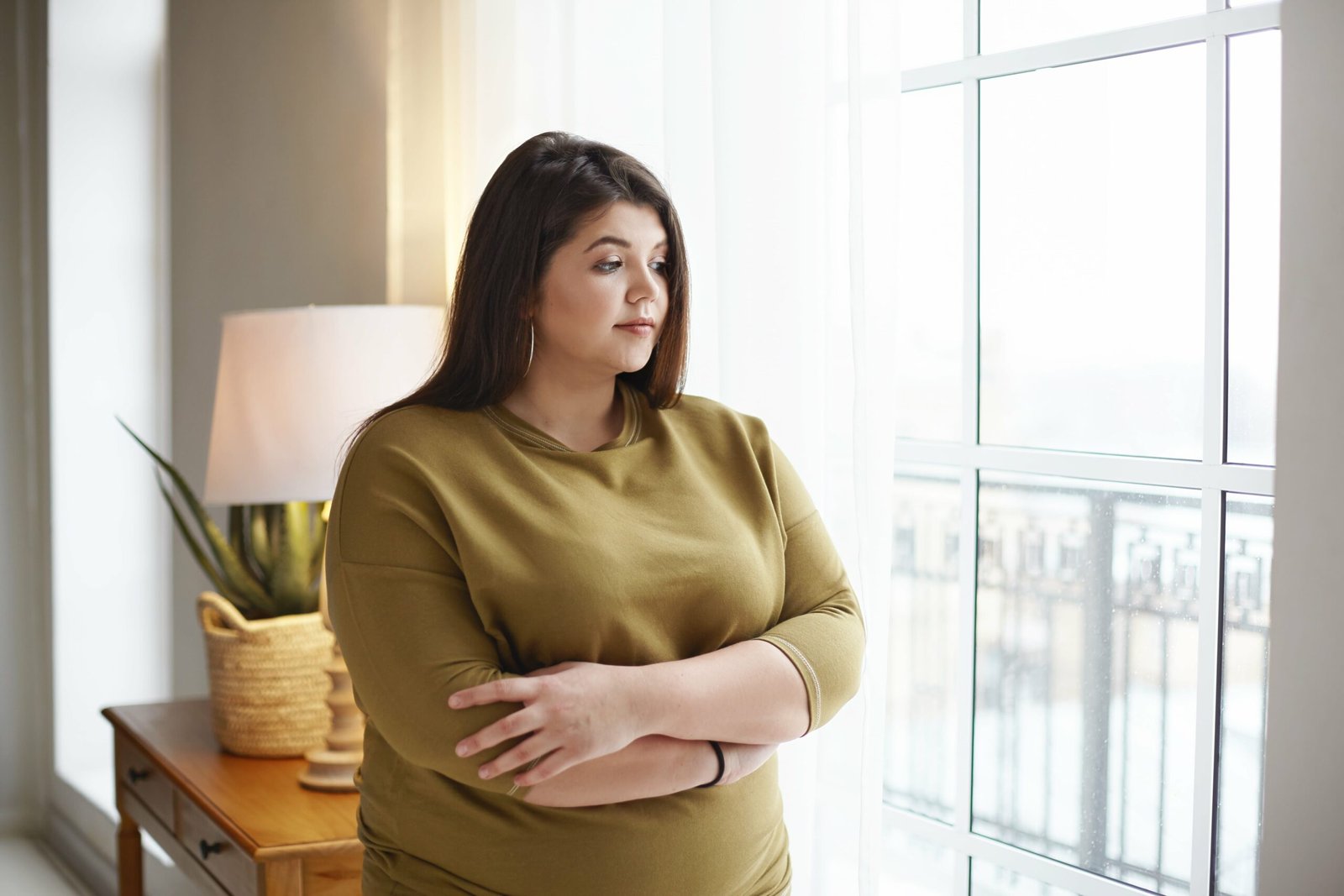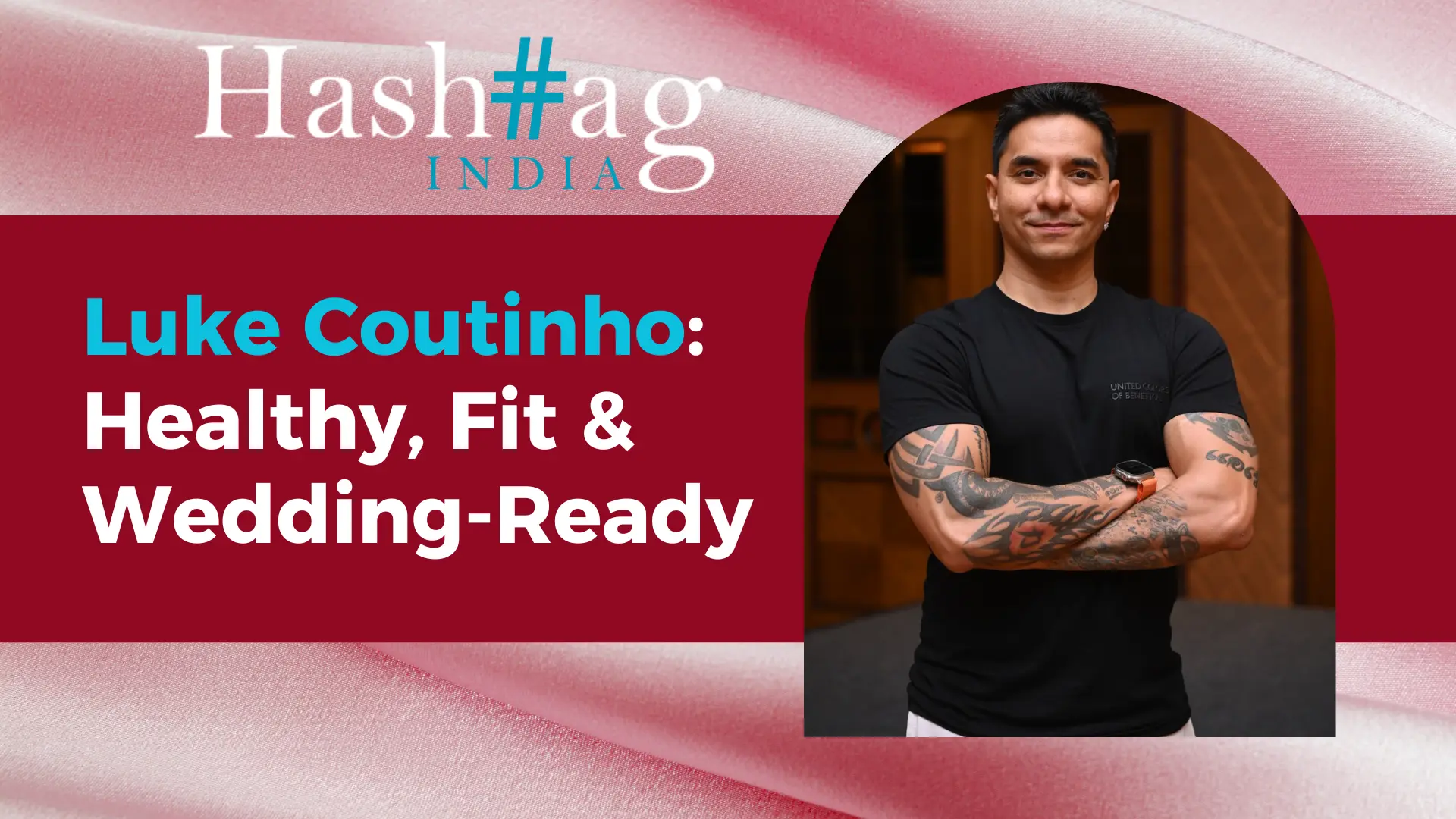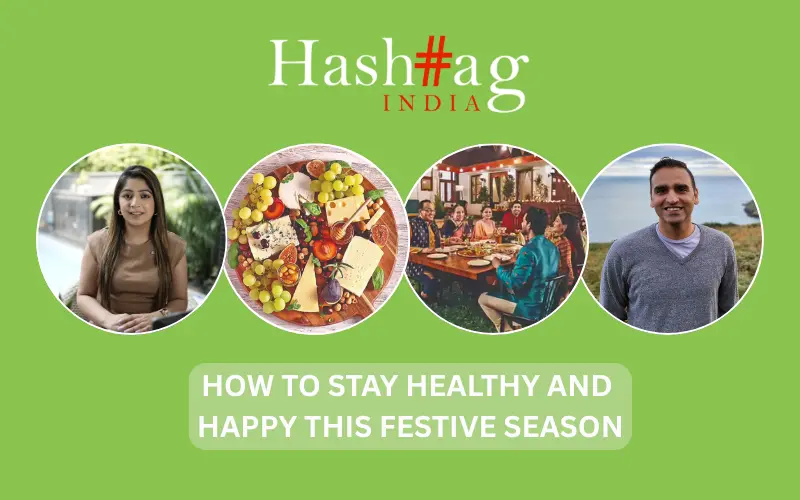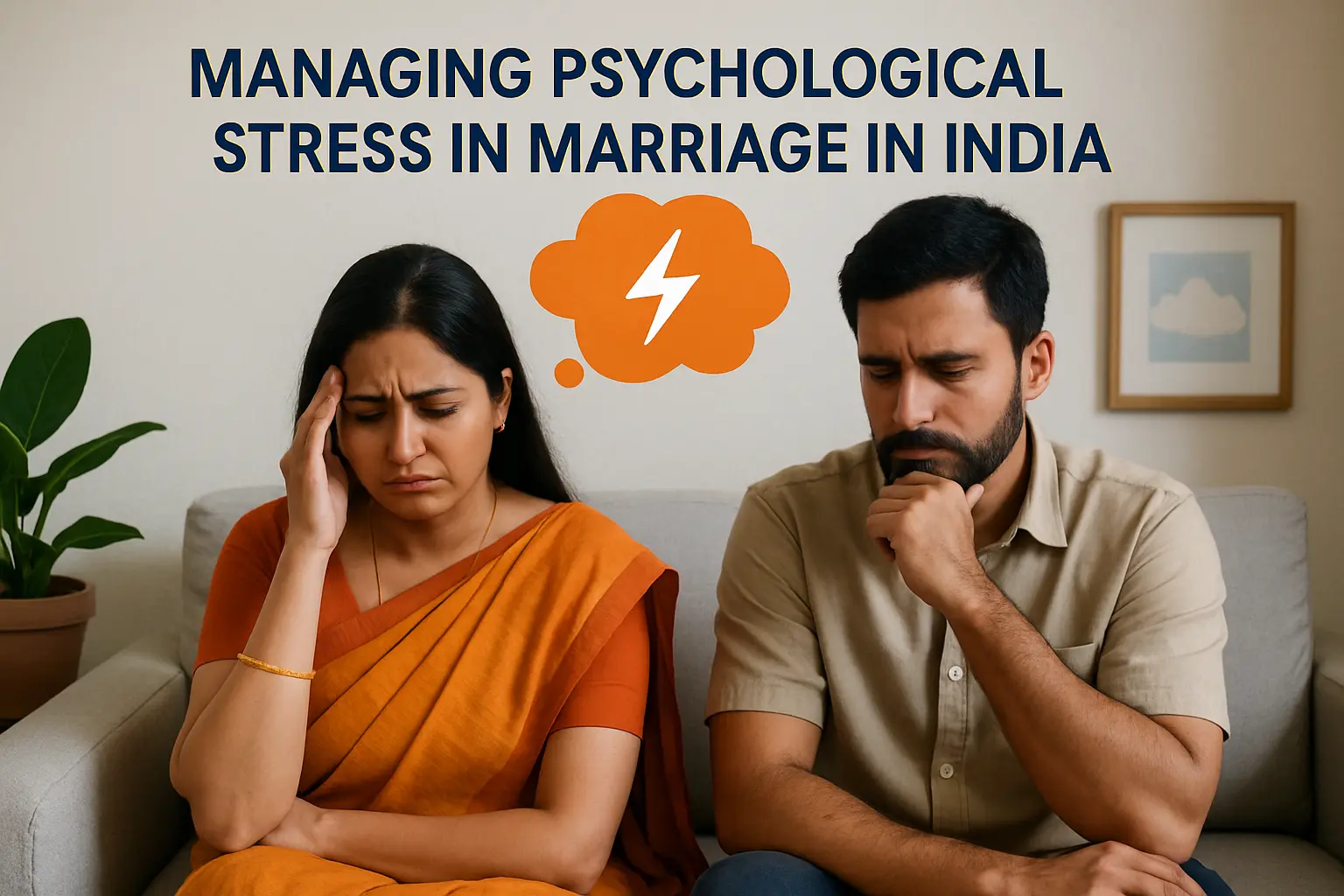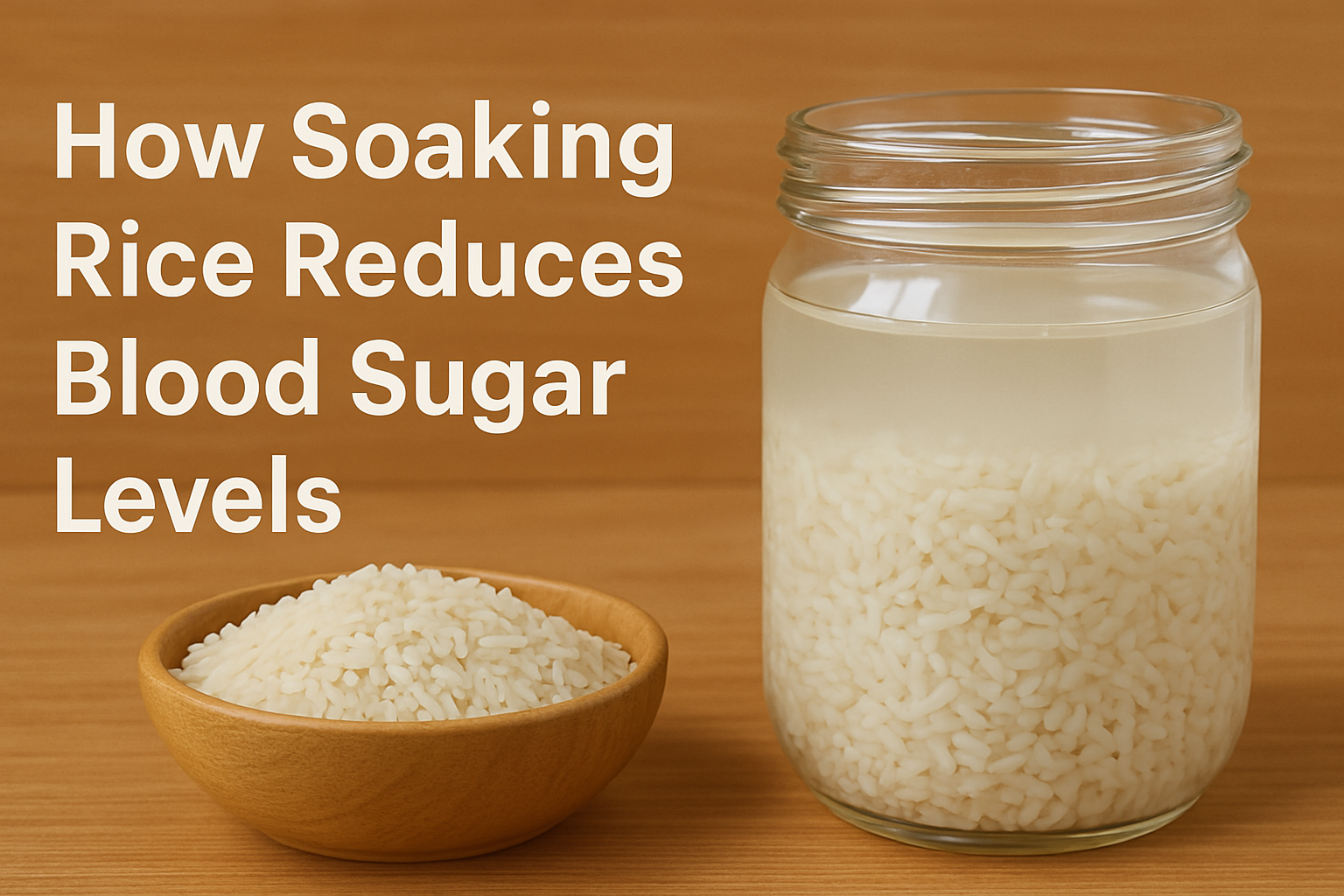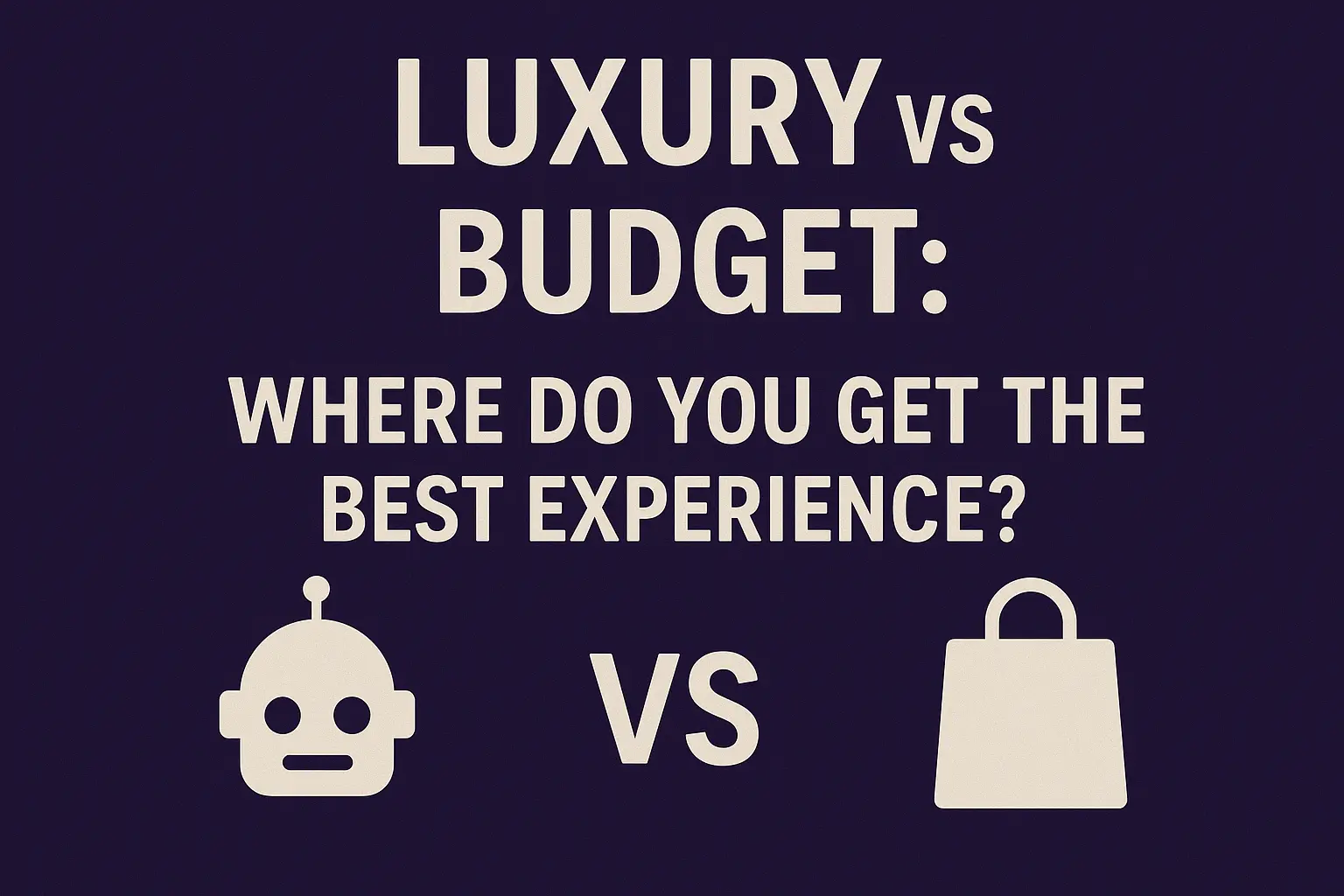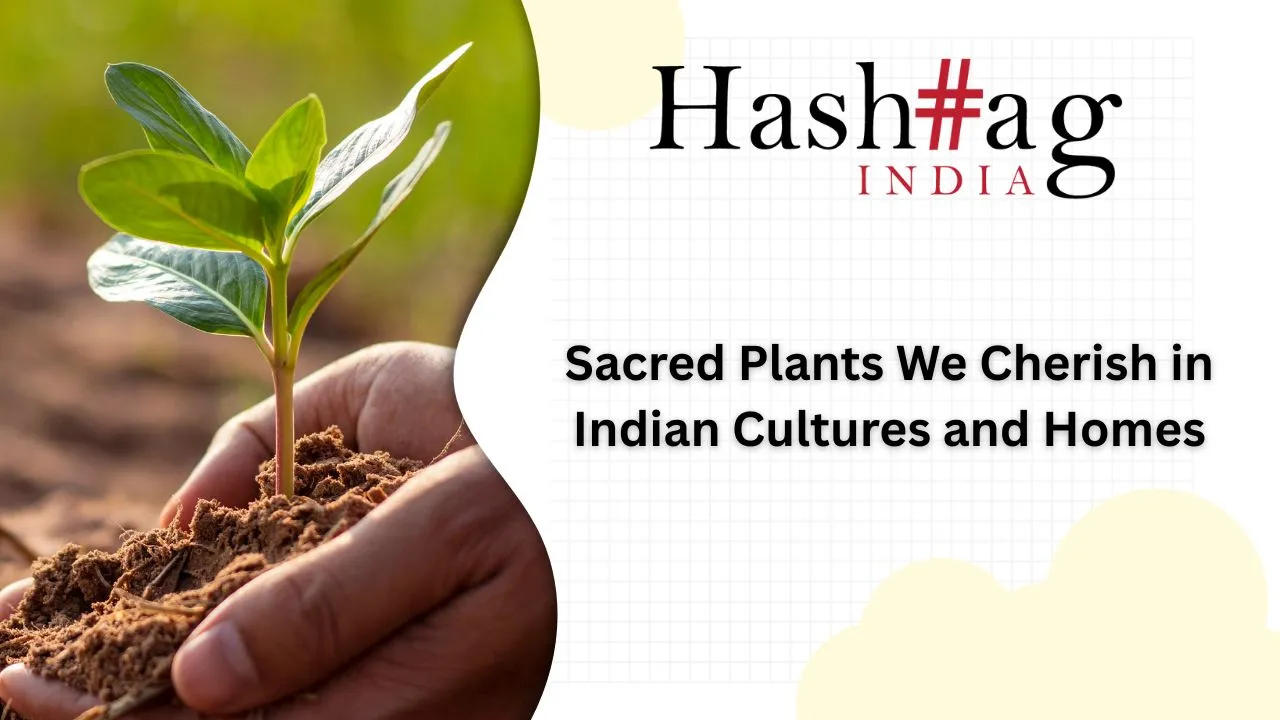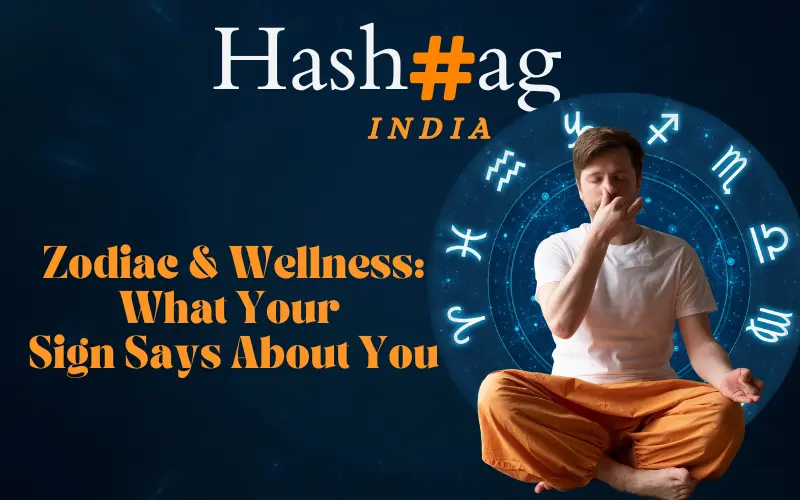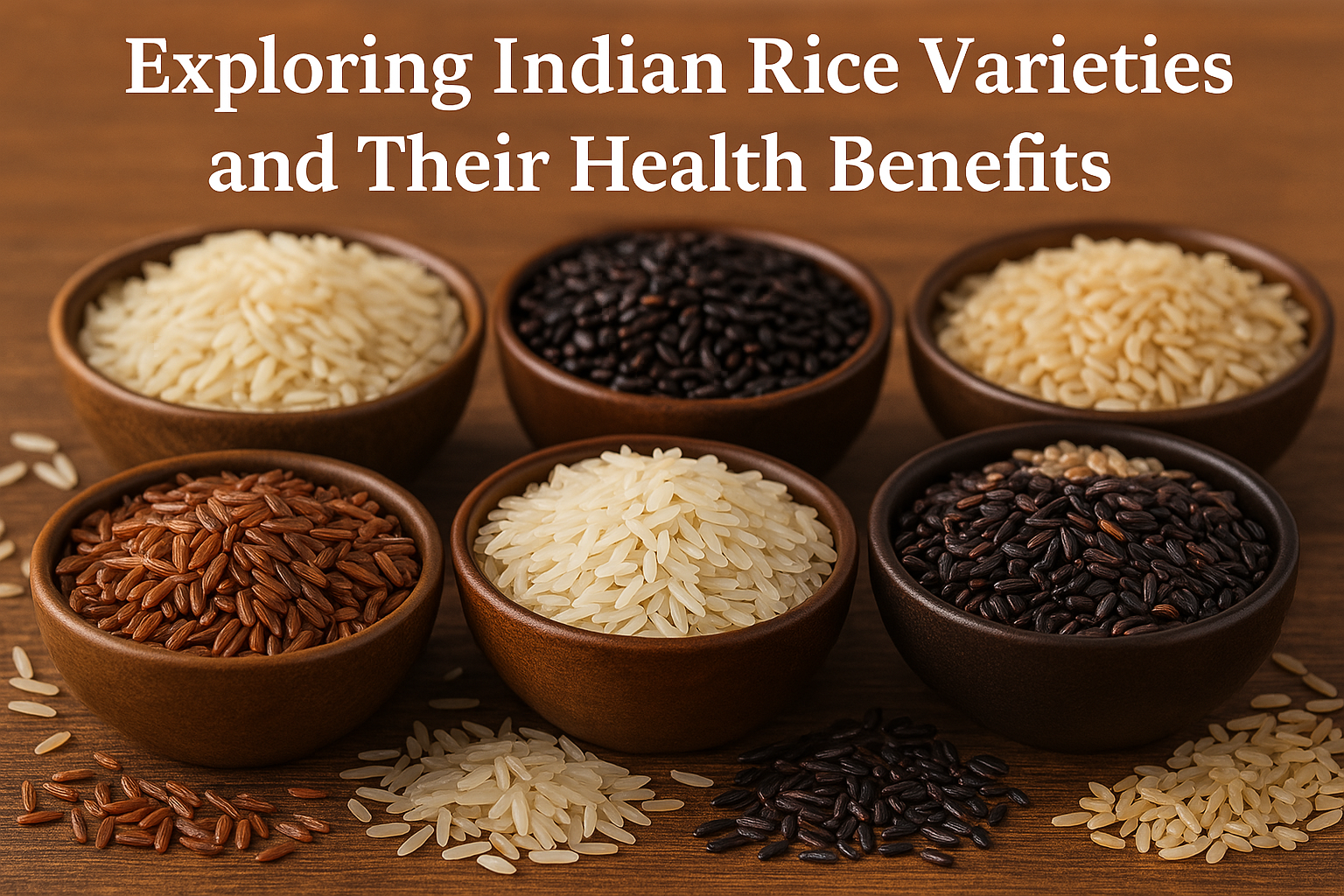In this age of digital activism and body positivity, are we harbouring fatphobia?MEHAK WALIA speaks to experts on the rising double standards we hold against bodies and health.
We live in a world where the standard for what is considered beautiful and desirable has been set and fixated upon so rigidly by society that a huge chunk of the population lives their life feeling inadequate and ugly. The percentage of people who face this painful situation has only increased day by day, all thanks to social media and the unrealistic beauty standards set by Photoshop. This makes us question; do we live in the era of fat-shaming? Are we governed by fatphobia?
We speak with experts—psychologists Purvi Shah and Shivli Shrivastava; Ameya from the well-known podcast Fat. So? and, Avantika Mehta, founder of The Ladies’ Compartment—on the same.
Social Media’s Era of Shame
“I think we’ve been in the era of fat-shaming for a while—possibly since the 1960s when super skinny models like Twiggy came on the scene. Honestly, I think fat-shaming, or rather weight stigma, is as pervasive as air pollution. Social media made it worse; it’s impossible to ignore the social cues (direct or indirect) that our bodies aren’t acceptable for one reason or another. What spurs this along though is that it is profitable for companies to magnify stigma around young women’s bodies—this was confirmed to some extent by Facebook’s whistleblower recently—because how else do you get people to buy things they don’t need? You make them insecure and render them in a constant state of wanting,” comments Avantika, who is an independent journalist writing on law, crime, and social justice while also being the founder of The Ladies’ Compartment.

This era only seems to be adding gasoline to a fire that has been burning for ages. Purvi Shah, a psychologist who has been practising since 2011, a TEDx speaker and the founder of I, says, “We’ve always been in that era according to me. We might think that with the country being developed, we’d be doing better but sadly, not with regards to body positivity and body shaming. Social media has been such a strong influence that we have been going exactly the other way.”
Fat shaming, or rather weight stigma, is as pervasive as air pollution

The Traumatic Side of This Social Evil
Fat-shaming, as we have ascertained, has been around for ages. Most of everything in the world, be it chairs and clothes to doctors and dating, constantly serve to make us conscious of our bodies. Curves are seen as a sin, and many of us grow up uncomfortable with our bodies and with the way they look.
“Fat shaming is traumatic. It makes people hate themselves and their bodies. It makes them internalise other adjectives that are associated with the word fat, like lazy, stupid, etc. It also makes everyone terrified of being fat because they know how they will be treated. People become more susceptible to emotional abuse and manipulation because they believe they have no value. They remain in abusive relationships, don’t speak out about physical and sexual abuse, and sometimes abuse their bodies with eating disorders,” says Ameya, co-founder of the podcast Fat. So? which talks about being fat—the pain, the joy, the learning, the dark humour, and the silver lining.

Implications of Fatphobia
Fatphobia has become an unofficial rule governing society. The measurement of our waists, it seems, governs if we are deserving of respect in our everyday.
“Most of my clients come with concerns related to their bodies; it can affect mental health and how one views themselves as a person and a sexual being. Their self-confidence and their will to live, for that matter, is hindered. Many think they are not worthy enough to be who they want to be or wear what they want to wear. It is very heart-breaking to see. They feel guilty for what they are eating if they are eating at all. They are constantly told things in terms of what to do and what not to do. A lot of unwanted comments come their way, hampering their understanding of what is appropriate for them,” exclaims Shivli, co-founder of Shivtensity™, as well as a counselling psychologist, sexuality educator, PhD scholar and entrepreneur.

Painfully enough, such horrid ways of thinking have been taught to us very early on in our lives, running way deeper than we can imagine.
We are sadly in a system where if we are shown two people’s pictures and asked the difference, we automatically answer with their weights—one is thin and one is fat.
“I have a 5-year-old boy as a client right now. Kids, they don’t know why they’re here in therapy. He comes to me because his parents are going through a tough phase. When I asked him why he thinks he’s here, his response shocked me. He said it’s because he has a very big stomach. I asked him, ‘So it doesn’t work? What do you think the stomach’s work is?’ to which he replied, ‘To mix stuff.’ I then asked him, ‘Does it do it well?’ and he exclaimed, ‘Yes, it does!’ When I asked him, ‘Then what’s the problem?’, he had no answers. It’s shocking to see how deep these thoughts run sometimes. We are sadly in a system where if we are shown two people’s pictures and asked the difference, we automatically answer with their weights—one is thin and one is fat. Nothing else is noticed before that and I think that needs to change,” observes Purvi.
She further adds, “It doesn’t just stop there. When it comes to the medical industry, even doctors are biased. The moment a heathier person walks into their office, their first piece of advice is to lose weight. They wouldn’t even consider their problems in some cases! When the doctors themselves are doing this, how will things get better? We need to spread awareness everywhere—not just about body positivity but body neutrality as well. This is surreal. This is real. We need to talk about it.”

Ameya adds, “Fat shaming can make you hate your body and what it looks like. You feel like you can’t connect with your body, which could trigger body dysmorphia. Indian families can give you mixed signals: you’re too fat to get married or you’re too thin to get married—it depends on who is telling you that. We use the word fat to tease people ‘with love’ and we harass people ‘out of concern for their health’ about their food, exercise, diet, and looks. Both hurt and leave marks.”

“Stigmatising weight has serious implications, from affecting emotional health to long-term physical implications from fad diets and eating disorders. It is cruel and counterproductive, even when done with the best of intentions. Speaking just for myself: I’m 5’8 and 59 kilos. Can you imagine that slimming down to a Meg Ryan kind of tiny? It’s impossible and frankly, ridiculous to the point of satire. I spent so much of my teens and my twenties obsessed with exercising and dieting to the point of being grossly unhealthy; my college roommates would joke about how I only had 100 calories at a time, and they weren’t wrong. Frankly, I looked just fine but no one stopped me. What a monumental waste of my time and energy. It’s just dumb luck I didn’t permanently damage my body. Between tough love comments, the media putting up pictures of women’s ‘fat bodies’, a thousand diet ads…how would one know?
We use the word fat to tease people ‘with love’ and we harass people ‘out of concern for their health’ about their food, exercise, diet, and looks. Both hurt and leave marks.
People love you when you’re tall and skinny, but no one ever talks about big-boned tall girls, unless they’re telling you to lose weight or comparing you to some model. I cannot think of a single instance where someone shaming me for my body and weight has led me towards a healthier lifestyle. Instead, it has taken me to a place of low self-esteem and reinforced unhealthy behaviours like comfort overeating or hiding till my body was ‘acceptable’.”
Avantika Mehta

Body Dysmorphia and The Indian Mindset
The Indian mindset is so heavily built around the concept of ‘the perfect body’ that we have reached a stage where we are experiencing mass body dysmorphia. It’s a mental issue that’s more focused on perception over reality. For a person with body dysmorphia, even the tiniest of flaws seems like a big deal.
Usually a result of past-lived and observed experiences, it can happen if your caregiver talks about appearances all the time. For many with siblings, the constant comparison serves to be detrimental to their self-perception.
“Body dysmorphia can be very extreme and can lead to high levels of anxiety and depressive episodes. One will agree to do anything to get their perceived flaw removed or fixed. The sad thing is that this is often encouraged by their families. It’s a fact that Indian families are used to fat-shaming their children; it could be as blatant as ‘you’re fat and you should lose weight,’” Shivli remarks.

Ameya sighs and adds, “When your family fat shames you, the effect is stronger because one’s family, especially parents, are supposed to love you no matter what and be the ultimate safe space. Yet, they become the most traumatic and painful space, which can have severe effects on your self-esteem, self-worth, and your ability to navigate the world safely.”
It’s a fact that Indian families are used to fat-shaming their children; it could be as blatant as ‘you’re fat and you should lose weight
What Does Research Say
“The truth is, as studies reveal, again and again, quite the opposite: weight is largely governed by our genes, and people can’t lose more than 5-10% of their body weight without dangerous and extreme measures. People seem unwilling to acknowledge these facts In India, like various other countries,” Avantika explains.
As Purvi states, “Body shaming from families is often the reason why people end up in therapy. If people don’t seek help, it can end up getting to a point where you don’t like yourself and this, unfortunately, ends with the person attempting suicide. I know it’s scary, but it happens. The numbers are on a rise.”
There is a fervent need for change in our society. The personal experiences noted here only continue to serve as a reminder of how we fail our people. However, change will not begin unless together, we work towards the same. Ultimately, change begins at home, and it often starts small. Take care to remind your loved ones of what they mean to you and affirm them just the way they are. Explain to them how essential it is to embrace and love themselves. Together, we can ensure this era ends with us.

